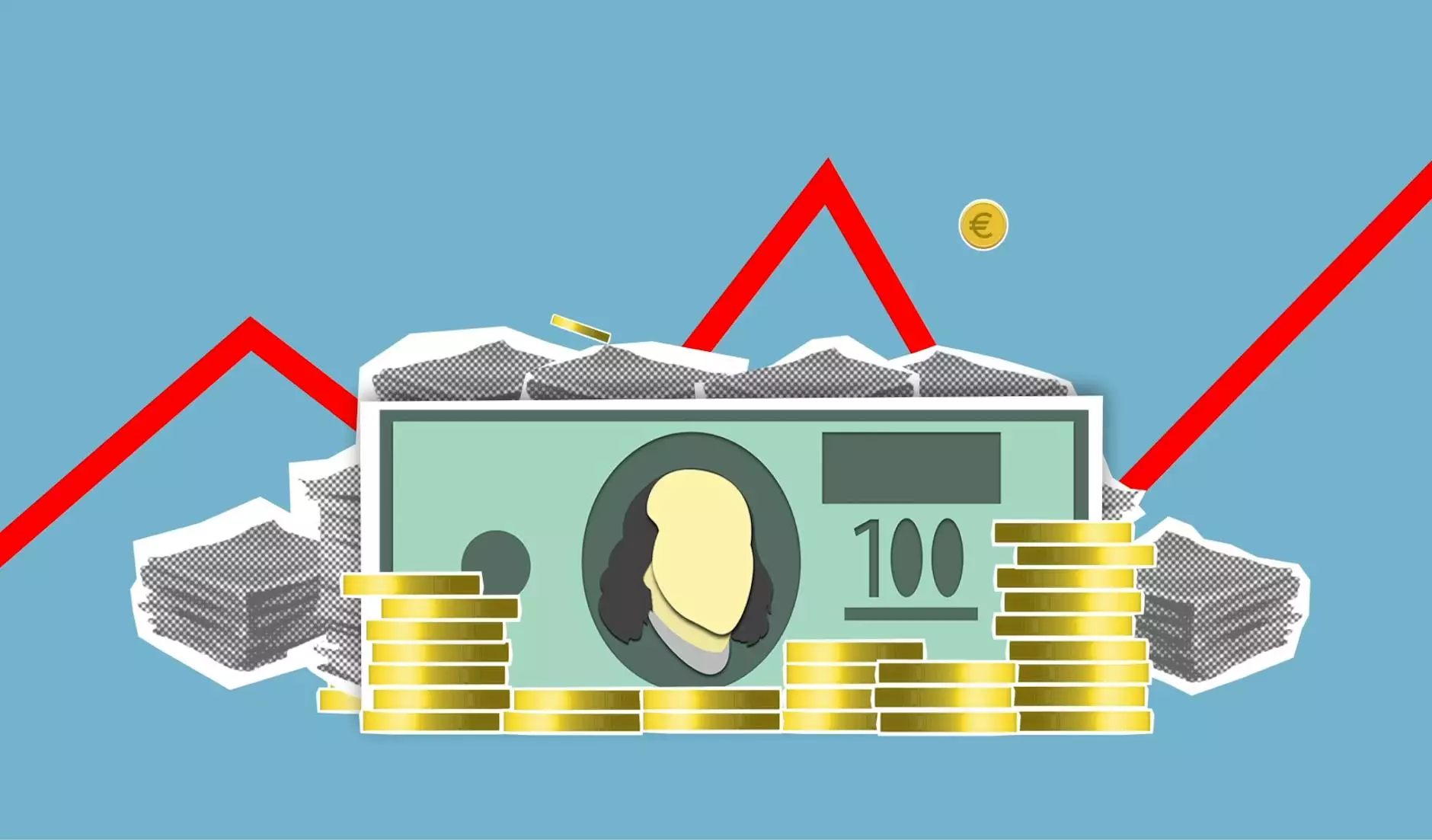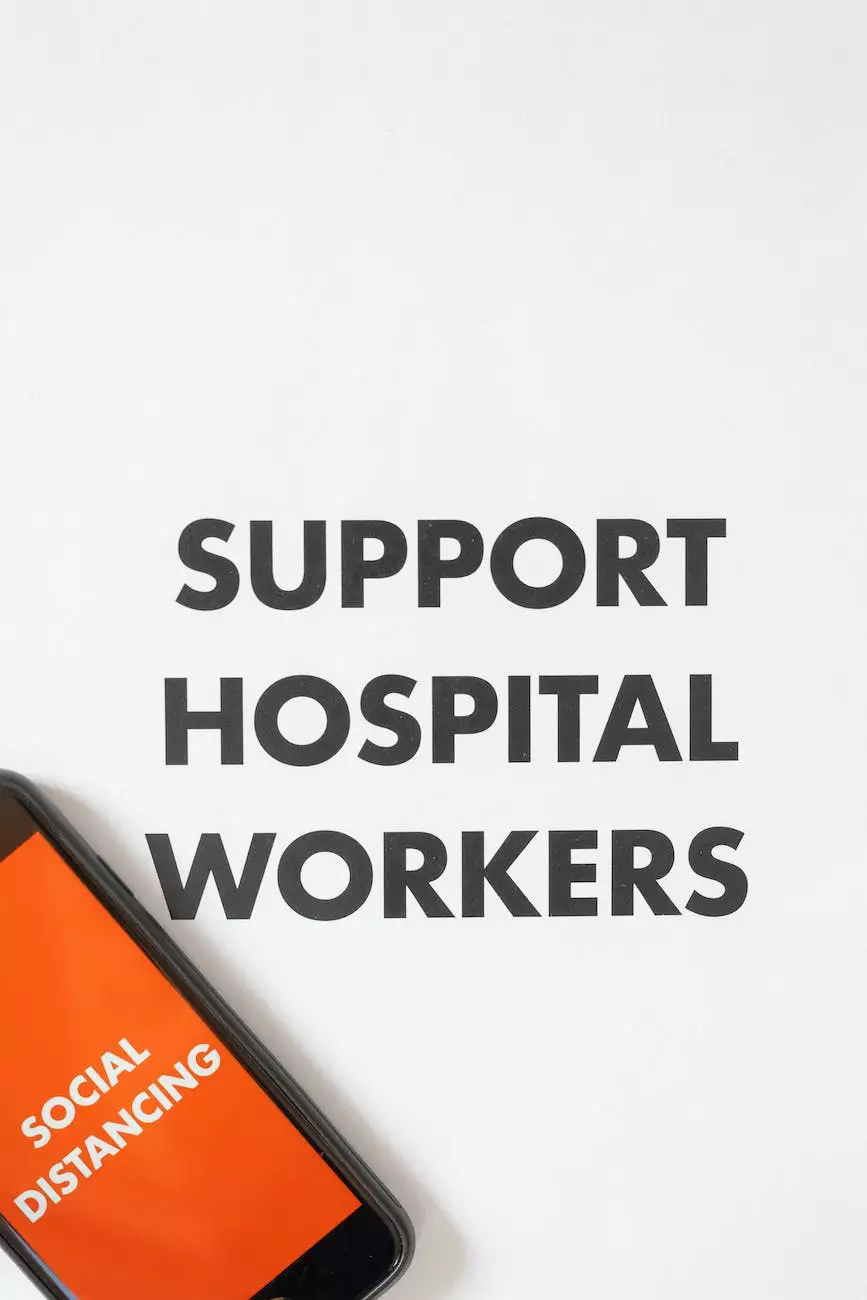Four Things You Don't Know About the Business of Credit Reporting
Financials & Reports
Introduction
In today's interconnected world, where financial transactions are conducted online and credit cards have become an integral part of our lives, credit reporting plays a crucial role in determining our financial well-being. Social Service of America, a leading organization in the field of community and society philanthropy, brings you valuable insights into the business of credit reporting. In this article, we uncover four important but often overlooked aspects of credit reporting that can significantly impact individuals, businesses, and society as a whole.
1. The Influence of Credit Reports on Financial Opportunities
Credit reports are much more than just numerical scores. They hold a wealth of information about a person's financial history. Financial institutions, lenders, and even potential employers may refer to credit reports to assess an individual's creditworthiness and determine the terms of financial opportunities.
With this in mind, it becomes crucial for individuals to understand the factors that affect their credit reports and take necessary steps to improve their creditworthiness. Social Service of America provides comprehensive resources and guidance on credit management, empowering individuals to make informed financial decisions, and seize better financial opportunities.
2. The Role of Credit Reporting Agencies
Credit reporting agencies, often referred to as credit bureaus, are entities responsible for collecting and maintaining credit information of individuals and businesses. These agencies compile data from various sources, including lenders, collection agencies, and public records, to create credit reports.
It's essential to note that credit reporting agencies are subject to regulations to ensure the accuracy and fairness of the reported information. Social Service of America actively advocates for transparency and consumer rights in the credit reporting industry, promoting fair practices and educating individuals about their rights when it comes to credit reporting.
3. The Impact of Credit Reporting Errors
While credit reporting agencies strive for accuracy, errors can occur in credit reports. Unfortunately, these errors can have far-reaching consequences for individuals. Inaccurate information may lead to higher interest rates on loans, difficulties in obtaining credit, or even denial of job opportunities.
At Social Service of America, we understand the importance of credit report accuracy. We work diligently to raise awareness around credit reporting errors and help individuals navigate the process of disputing and correcting inaccurate information. Our dedicated team of experts ensures that individuals have the necessary support to rectify any credit report discrepancies swiftly.
4. The Need for Financial Literacy and Credit Education
Given the impact credit reports have on individuals' lives, it's imperative to foster financial literacy and credit education. Social Service of America is committed to promoting financial literacy programs that empower individuals to understand credit reports, manage their credit responsibly, and build a solid financial foundation.
Our initiatives include educational resources, workshops, and partnerships with financial institutions, aiming to equip individuals with the knowledge and skills necessary to navigate the complex world of credit reporting.
Conclusion
The business of credit reporting holds significant sway over individuals, businesses, and society as a whole. Understanding the nuances of credit reports, credit reporting agencies, and the impact of inaccuracies is crucial in ensuring fair financial opportunities for everyone.
Social Service of America is proud to champion financial literacy and credit education, empowering individuals to take control of their creditworthiness and make informed financial decisions. Join us in our mission to promote financial well-being and pave the way for a brighter future.










